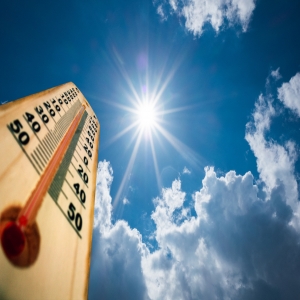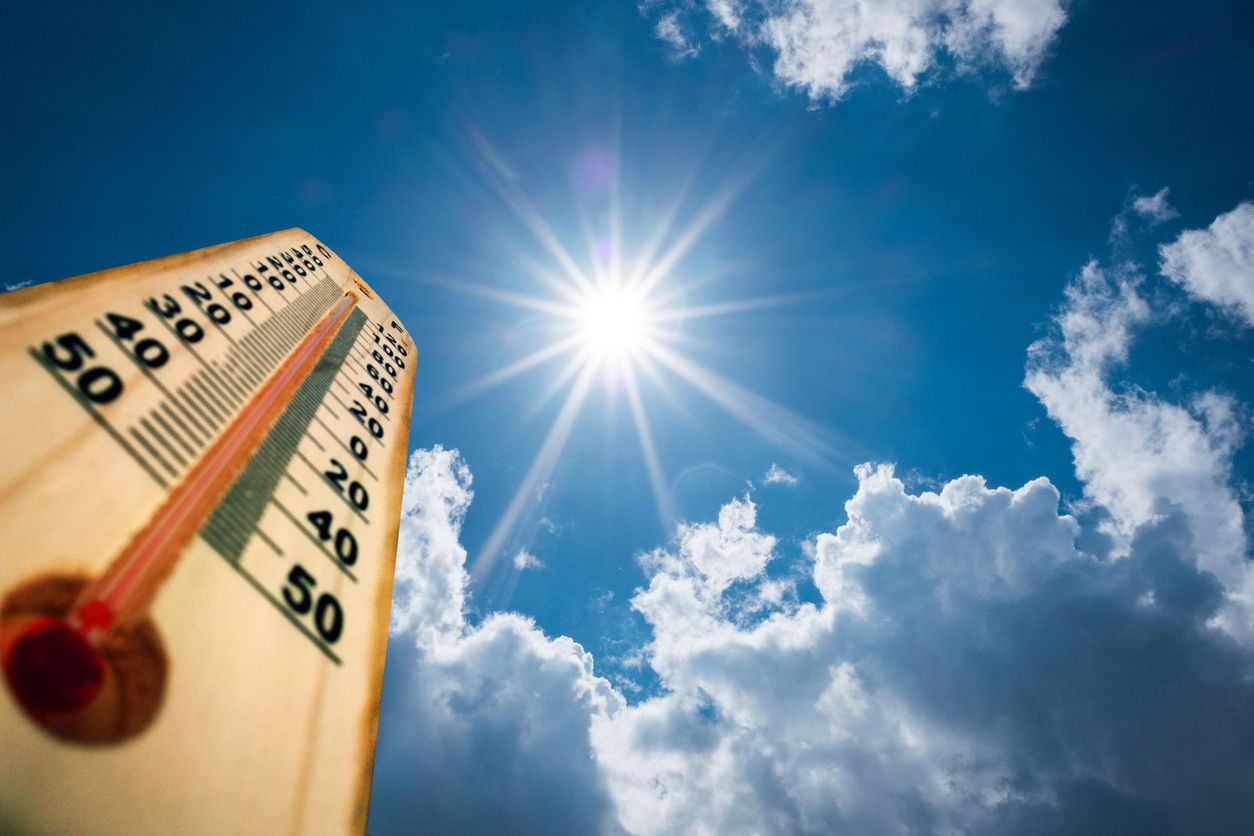
.png) M L Satyan
M L Satyan

The terrible heatwave spread across the country has been bothering me for a while, as I experienced it from March to April this year. Here are some interviews by media:
Interview-1: Bicycle rickshaw driver Sagar Mandal of Delhi told CNN on June 20, 2024, that he has been getting fewer passengers because people opt for air-conditioned taxis over open-air transport.
"My body can't take it, but I have to keep cycling. We are used to physical labour. We are not complaining about that. But this heat is not normal; something has to change," the 39-year-old Sagar, who pedals people around the city, said. With a sad tone, he further said, "No one cares if we live or die, no matter who you vote for. This is a problem no one wants to solve."
Interview-2: Nikhil Kumar, an auto-rickshaw driver, said his workdays are becoming more arduous amid the heat.
"It doesn't get any better at night, even at night I am sweating. It rained a little last night but look how hot it is today, there is no relief," the 26-year-old driver said.
Interview-3: "We have been living in this neighbourhood for 40 years, but we have never seen a summer like this," said 60-year-old Kalyani Saha, a resident of the Lajpat Nagar neighbourhood of the capital city.
"There hasn't been power for the last two hours, in the middle of the day, that's unbearable," Saha told CNN, saying that power cuts also render their air-conditioning system useless. Further, she said, "We get water only once a day, and it is scalding hot unless you fill up a bucket and let it cool off all day before using it. You can't bathe in this water."
Interview-4: An official in the Ministry of Health told CNN, "At least 40,000 cases of heat stroke have been reported in India since March, and at least 110 people have died across the country due to suspected heat stroke as well."
Interview-5: A staff from the NGO - Centre for Health Development India said, "Between June 11 and 19, Delhi saw 192 heatwave-related deaths among its homeless population, a record high compared with the same period in the last five years."
Climate change, predominantly caused by burning fossil fuels and exacerbated by human interference, is making heat waves hotter and more likely to happen everywhere. India is hit by one of its worst heatwave streaks, with many parts of the country experiencing consistent temperatures of over 50ºC.
Extreme heat forced schools to close early for the summer in India. Temperatures in at least 37 cities exceeded 45ºC, with warnings of a "very high likelihood" of heat illnesses for the entire population. Night-time temperatures remained as high as 36ºC in some locations, which is particularly dangerous as it means people cannot cool off at night. The number of heat stroke cases is likely a huge underestimate.
I've included some excerpts from an article by Sibu Kumar Tripathi, published in India Today on May 30, 2024.
Dr Krishna Achuta Rao, Professor and Dean, Centre for Atmospheric Sciences, Indian Institute of Technology, Delhi, says, "The widespread, long-lasting, and intense heatwave conditions over India and many other parts of the world are the direct results of climate change caused by human emissions of greenhouse gases. There is an urgent need to take adaptation steps to control the rising global average temperatures; else, the result is in front of us."
Aarti Khosla, Director of Climate Trends, says, "Heatwaves are clearly the single largest threat to India's well-being today. Record-breaking heat of over 48ºC across north, west, and central India shows that the climate crisis is a nice-to-push rhetoric as long as one has not experienced a 50ºC heatwave. As more and more Indian cities develop faster, climate resilience needs to be incorporated immediately to reduce the compounding impacts of extreme heat on human health, the economy, and livelihoods."
Aditya Valiathan Pillai, Fellow, Sustainable Futures Collaborative, says, "Delhi's sustained high temperatures nearing the 50s brings the focus back on its Heat Action Plan. In this infernal heat, millions of heat-exposed workers without access to cooling will struggle to earn their wages, protect their families, and stay safe. Heatwave preparedness and response measures in Delhi's newly minted Heat Action Plan must be implemented immediately."
India's domestic policy on climate and environmental action includes protecting regional glaciers, greening the railway system, reducing single-use plastic, and producing clean cooking fuel. Are they implemented? The government's response is known from the interviews below.
Interview-1: PM Modi was interviewed by school students sometime back. Answering a student's question on climate change, he replied, "The people of 70, 80, 85, or 90 years of age used to say in winter that it is colder this year than ever before. Actually, it is not any colder. Their capacity to tolerate cold has reduced due to ageing. In the same manner, the climate has not changed. We have changed."
Interview-2: A few days ago, a news reporter asked Jyotiraditya Scindia about the heatwave affecting voter turnout during the election campaigns. He took an onion from his kurta pocket and said, "You don't have to worry about heat as long as you have this (onion) [in your pocket]."
I leave it to the readers to decide about the attitude of the Prime Minister and the Minister of State regarding climate change. Unless we accept it, there will not be any solution. Also, as responsible citizens, we need to engage in many awareness-building activities and initiate appropriate climate emergency activities.